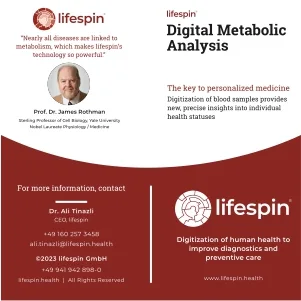Individuals with diabetes may need to take additional precautions when fasting, but with medical approval, they can do so safely.
Dr. Farhana Bin Lootah, Internal medicine consultant at Imperial College London Diabetes Centre (ICLDC), provides advice for those with diabetes planning to fast during Ramadan:
1. Seek medical advice
- Not all individuals with diabetes are recommended to fast; consult your doctor for personalised advice.
- Your healthcare provider will guide you on adjusting your medication or insulin and modifying your diet to accommodate the fasting and eating times during Ramadan.
- Should you experience any discomfort while fasting, particularly if you’re taking medication, promptly reach out to your doctor.
2. Manage mealtimes
- Avoid eating continuously from Iftar to just before Fajr. Distribute your meals evenly throughout the non-fasting period.
- Begin Iftar with a light snack like water and dates, follow with a full meal an hour later, and have Suhoor just before Fajr. If hungry, opt for small snacks such as fruit, a few raw nuts, or a cup of unsweetened yogurt.
- Do not skip Iftar or Suhoor.

3. Make smart food choices
- Incorporate protein into each meal to help you feel full longer, with guidance from a dietitian to determine your protein needs.
- Include fruits, vegetables, and yogurt in your diet.
- Choose healthy fats such as those found in avocados, olive oil, and fish.
- Choose complex carbohydrates like whole grains, nuts, and brown rice over simple carbs like cakes and white bread to avoid rapid blood sugar changes.
4. Stay hydrated
- Drink ample sugar-free fluids, especially water, to prevent dehydration. Combining water, fiber, and exercise helps prevent constipation during Ramadan.
- Resist the urge to consume sugary beverages, as they can lead to dangerously high blood sugar levels requiring medical attention.
5. Incorporate moderate exercise
- Engage in moderate daily physical activity.
- Walking is highly recommended for patients.
- Avoid intense physical activity while fasting.
Also read: The Role of incretins in obese diabetes cases













